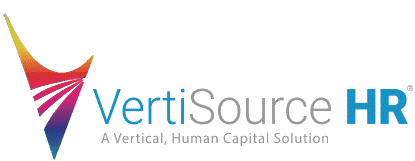In the California case Paleny v. Fireplace Products, it was concluded that workers could not claim mistreatment following egg retrieval and freezing as pregnancy discrimination. However, despite this, employers still need to be careful because employee rights and protections have been expanded in the state.
Court Case: Paleny v. Fireplace Products
From May 2018 to February 2019, Erika Paleny worked full-time as an admin assistant.
In October 2018, Paleny informed her Sacramento-based employer that she would be undergoing egg retrieval procedures for donation and personal use. However, her supervisor allegedly disapproved of this and was against her using time off. A few months after this, she told her supervisor that she would be at work later than normal to attend the egg retrieval procedure. With this, Paleny claimed her supervisor became angry and terminated her employment.
After being terminated, Paleny filed a FEHA claim for discrimination, harassment, and retaliation due to disability and pregnancy; however, the court ruled that she could not claim pregnancy or disability discrimination because she wasn’t pregnant at the time and she had no medical condition or disability related to pregnancy.
In 2022, California lawmakers enacted the Contraceptive Equity Act, which expanded FEHA protections to include the decision to use or access a particular drug, device, product, or medical service for reproductive health. This was referenced in Paleny v. Fireplace Products, but because it didn’t take effect until January 1, 2023, it didn’t apply to Paleny’s pregnancy discrimination claims that dated back to 2018/2019.
However, this does not mean California employers will have the same defense now.
What Employers Need to Consider
Paleny v. Fireplace Products is a reminder that timing is everything.
Now that FEHA includes protection for reproductive health decision-making, California employers must be aware of their obligations to potentially accommodate and/or provide time off for egg retrieval, egg donation, sperm donation, and related activities.
With this, California employers should ensure compliance. Employers will need to update employee policies regarding pregnancy and reproductive health decision-making. Also, it will be important to train managers and supervisors to respond to these requests. If there are any issues or hesitations, it will be necessary that employees are directed to Human Resources, which will need to be well-informed on FEHA protections, the PWFA, and the interplay of the state and federal laws.


